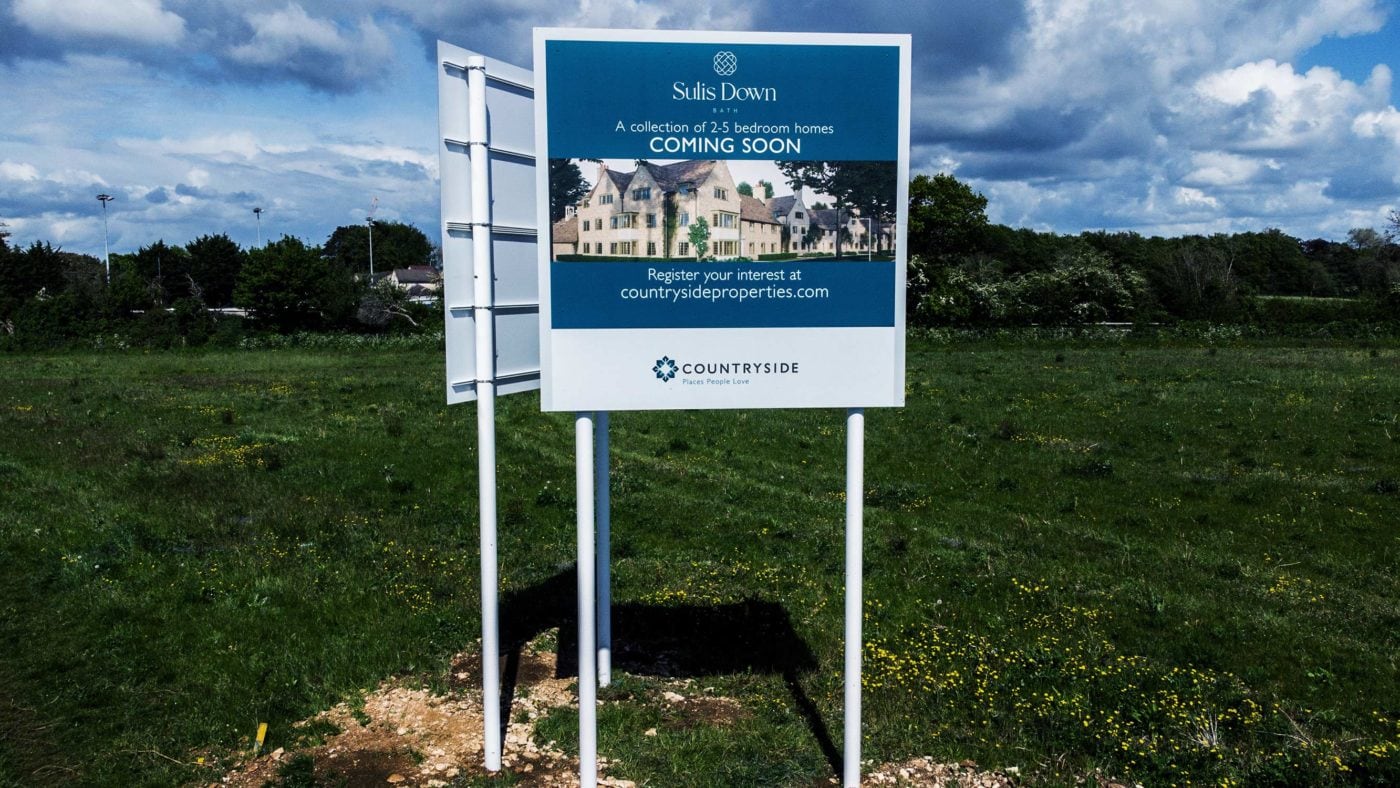One reason our economy is so weak is that we are simply not building enough houses. For years a combination of local government bureaucracy, the lack of medium-sized house builders and the persistent rationing of of land have been holding this country back. The Government’s ambitious target of building 300,000 homes per year will not be met and under present conditions an entire generation of young people will never get on the property ladder. In short, we have a housing emergency – and neither of the candidates for Prime Minister yet has a plan to address it.
If they are serious about tackling this crisis, the next PM should pass an Emergency Planning Act. The legislation should grant ministers sweeping powers to cut through existing legislation and regulations, demolish buildings, buy up land and approve applications over a specified size without the need for local authority approval.
This is not some whacky, unprecedented idea. The same approach was used to develop the Olympic Park and gave ministers the power to undertake any measures deemed necessary to deliver the 2012 Games. While there were challenges to the powers of the Secretary of State, this way of doing things meant quick decision-making and a streamlined approval process.
An Emergency Planning Act would be in force for three years to ensure that we accelerate house building, which is vitally important not just to prospective homeowners, but to businesses too.
That three-year period would also be a much-needed chance for the Housing Secretary to overhaul the existing planning system. After all, if we were starting from scratch and creating a new planning system, it would not look anything like the one we have. The growth of the green belt, the tortuous application process and the inadequacies of local plans all need to be addressed. We also need to harmonise the differing planning polices across the regions, and get rid of leftover EU rules which place huge costs on developers and delay house building in certain parts of the country.
As CapX editor John Ashmore wrote last week, the Green Belt is a particular concern. Although the original intention of protecting the countryside was a noble one, the Belt has become a ring of steel around our urban areas, suffocating growth and contributing to the spiralling cost of housing. Of course, we need to ensure our countryside and green spaces are protected, but we also urgently need to build homes so young people have some prospect of getting on the housing ladder. No one is suggesting we get rid of the Green Belt, but the Government needs to review its size and scope, and explore alternatives that do not hinder house building.
But even with the best planning rules in the world, we can only get building if we have enough skilled workers to join the construction industry. We need a national target for the number of young people studying STEM courses at colleges and universities. These institutions should also be required to include constructions firms in careers fairs, and restore compulsory work experience.
There is a whole ecosystem around house building that is of vital importance to the British economy. From providing contracts to local firms, to creating apprenticeships and supporting high streets, the more homes we build the stronger our economy will be.
We are all rightly anxious about the cost of living, but a huge part of that is the enormous amounts people are shelling out on rent and mortgage payments. If the next Prime Minister wants to create a healthier economy and a happier country, dealing with the housing emergency should be a top priority from day 1.
Click here to subscribe to our daily briefing – the best pieces from CapX and across the web.
CapX depends on the generosity of its readers. If you value what we do, please consider making a donation.


